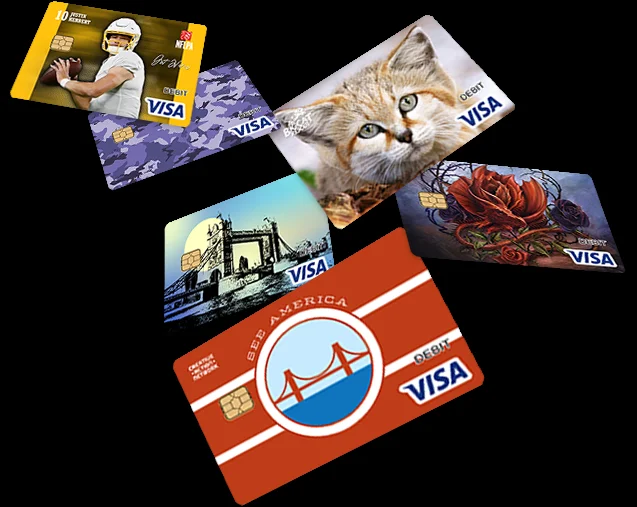Ah, here we go again. The internet’s favorite ghost story is back for its annual haunting: the tale of the big, fat government check that’s about to magically appear in your bank account. This time, the magic number is $2,000, a "one-time federal relief payment" supposedly confirmed by the U.S. Treasury itself.
You’ve seen it, right? Shared by your aunt on Facebook, popping up in some hyper-caffeinated TikTok video with robotic narration. It looks just official enough to make you pause. It preys on that little flicker of hope that maybe, just maybe, someone in a suit has finally realized that life costs a fortune and decided to do something about it.
Let me save you the suspense: It’s garbage. All of it.
There is no $2,000 federal direct deposit coming. The IRS isn't planning some secret Santa stunt. The Treasury Department isn't running a national lottery. This is just the latest version of a digital virus, a piece of weaponized hope designed to do one thing: get your click, your share, and maybe even your personal information. It's a lie. No, "lie" is too simple—it's a calculated exploitation of desperation.
And we just keep falling for it. Why? Is it because we’re all just suckers, or is it because the economic pressure is so immense that we’re willing to believe in fairy tales?
This isn't some amateur-hour rumor. It’s a finely tuned piece of social media machinery. The posts are vague on purpose, mentioning "eligible taxpayers" without ever defining who that is. They use official-sounding names like the "American Workers Rebate Act"—a real bill, by the way, that's been collecting dust in Congress and hasn't been passed—to give their nonsense a veneer of credibility. It’s a classic con artist trick: mix a little bit of truth with a whole lot of fiction.
The numbers change, but the script stays the same. Last month it was $1,390. Before that, $1,702. They throw these oddly specific amounts out there to make them seem more believable, as if some bean-counter in D.C. actually ran the numbers. (Americans to get new direct deposit relief payments of $1,390, $1,702, $2,000 this year? What to know) It’s all part of the psychological game. A round number like $2,000 feels like a marketing gimmick. But $1,702? That feels... bureaucratic. It feels real.

And of course the IRS is practically screaming from the rooftops about it. Their official line is a sterile warning about "scammers" and "phishing attempts." ($2000 Direct Deposit Stimulus Checks In November - Fact Or Fake? What IRS Said) They tell you they don't ask for bank info over text and that you should only trust IRS.gov. It's good advice, offcourse, but it completely misses the point. The problem isn’t just that scammers want our Social Security numbers. The problem is that the entire online ecosystem is built to reward this kind of emotional manipulation.
Think about it. The algorithms on TikTok and Facebook don't care about truth. They care about engagement. A video that makes someone angry, scared, or hopeful gets shares. A dry, boring fact-check from the IRS? It gets buried. We've built a global information network that is structurally incapable of prioritizing truth over engagement. And honestly... what did we expect would happen?
So, if the $2,000 check is a phantom, what’s real? This is where the story gets even more depressing. While the internet dangles the promise of a life-changing deposit, the actual "money you can receive" is a collection of table scraps that feels more like an insult than a solution.
Let’s see what’s behind curtain number two. Are you a low-income resident in Georgia? You might get $310 for your heating bill. Live in North Dakota? Maybe up to $1,100 for the same thing. Were you one of the 35 million people Amazon allegedly tricked into a Prime subscription? You might get a whopping $51 back. Fifty. One. Dollars. Don't spend it all in one place.
My personal favorite is the Panera settlement. The company allegedly had a data breach that may have exposed your most sensitive information, and for your trouble, you could get a check for up to $6,500. Could. It's a class-action lawsuit, which means lawyers will take a giant slice, and the final payout depends on a million factors.
This is the grim reality. The fantasy is a $2,000 no-strings-attached check from Uncle Sam to help with "stubborn inflation." The truth is a bureaucratic maze of state-specific energy credits and settlement claims where you might get enough cash to buy a few pizzas. It’s like being promised a steak dinner and being handed a half-eaten bag of chips.
This whole cycle feels like a national stress test that we keep failing. The rumors are the bait, our economic anxiety is the vulnerability, and the scammers and click-farmers are the predators. They know people are hurting. They know people are desperate for a break. And they've built an entire industry around monetizing that desperation. But then again, maybe I'm just cynical. Maybe this time the check is really in the mail.
Let's be brutally honest. This isn't about misinformation. It's about a fundamental breakdown in trust and a system that profits from our pain. The reason these rumors work is because the official channels offer so little. People are looking for a lottery ticket because the idea of working hard and getting ahead feels like a bigger fantasy than a free $2,000 check. So, we click, we share, and we hope, feeding the very machine that’s designed to keep us distracted and disappointed. The check is never coming. The real question is, when will we stop waiting for it?